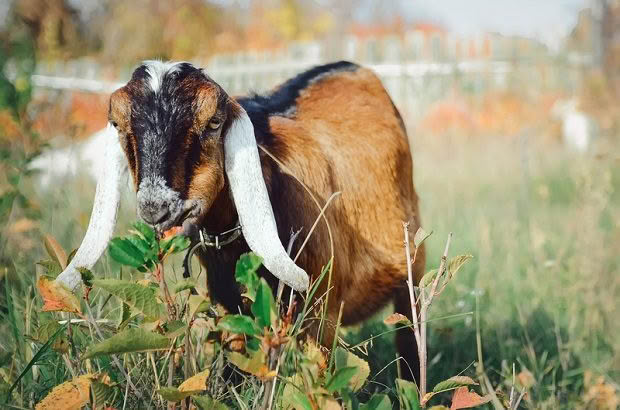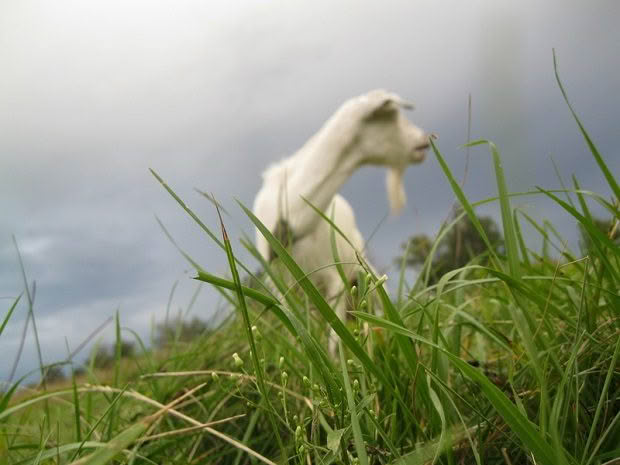6 drench tips for goat owners

Goats grazing pasture generally don’t develop immunity to parasites in the same way as adult cattle and sheep. While there’s little research available, Wormwise report industry feedback is that drench resistance on goat farms is widespread and severe.
Drenching tips
• Weigh your goats on scales. An accurate weight means you can draw off an accurate dose for individual animals, generally 1.5 times the recommended rate for sheep, depending on the drench (ask your vet). If they’re fairly close in size, dose everyone as for the heaviest animal.
• It’s easy to under-drench an animal if it spits the drench out. It can be easier to drench a goat if it’s in a ‘sitting’ position on its rump, but this can require two people.
• Be aware, drench needs to get into the rumen to be effective. Anecdotal evidence suggests for a lot of goats, drench often ends up in abomasum where it isn’t effective. Use a drench gun to get the drench over the back of the tongue, which is more likely to get it into the rumen.
Pasture management
Well-fed adult goats will develop and maintain a level of immunity to worms, but it can vary substantially between individuals.

• If goats are your only or dominant stock, it’s important to keep pasture length longer than 10cm, so they avoid taking up worm larvae (which live in the bottom 2cm of pasture). Goats grazing longer pasture, weeds, shrubs, and trees consume very few larvae and need minimal drenching.
• Feed supplements (eg, hay, nuts/grain, fodder trees, vegetable scraps) if pasture gets too short, to minimise the need for drenching. Consider holding animals in yards or a barn to allow pasture to regrow – talk to your vet about what your goats may require if you take this strategy. A medium-sized goat needs around a large rubbish sack of green grass/leaves for maintenance, increasing two-three times that if pregnant, feeding a kid, or if it’s cold (especially after shearing for Angora).
• Spelling pasture for three months or longer will reduce the level of worm eggs and larvae.
Source: Wormwise for Goats

